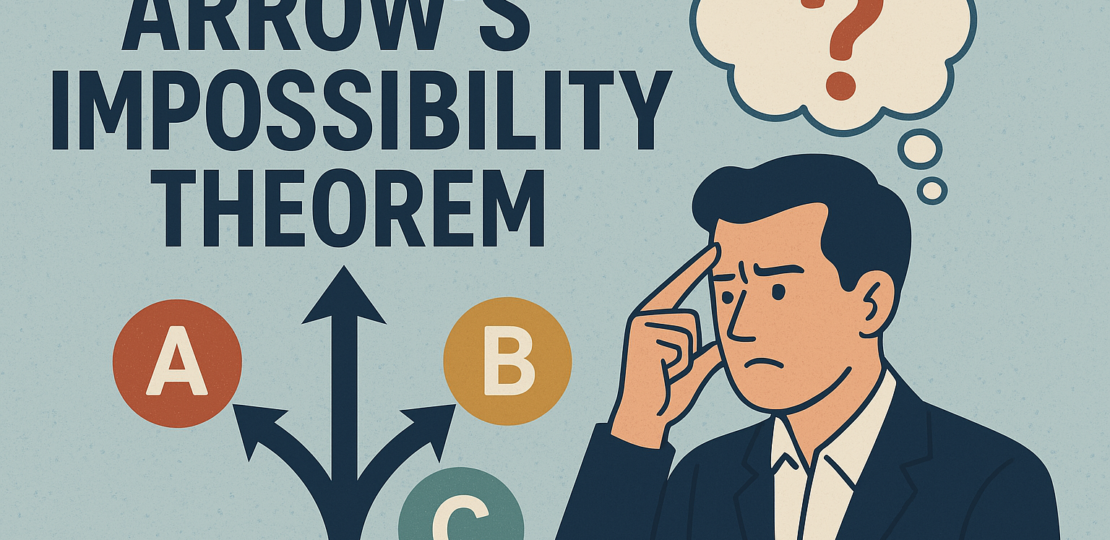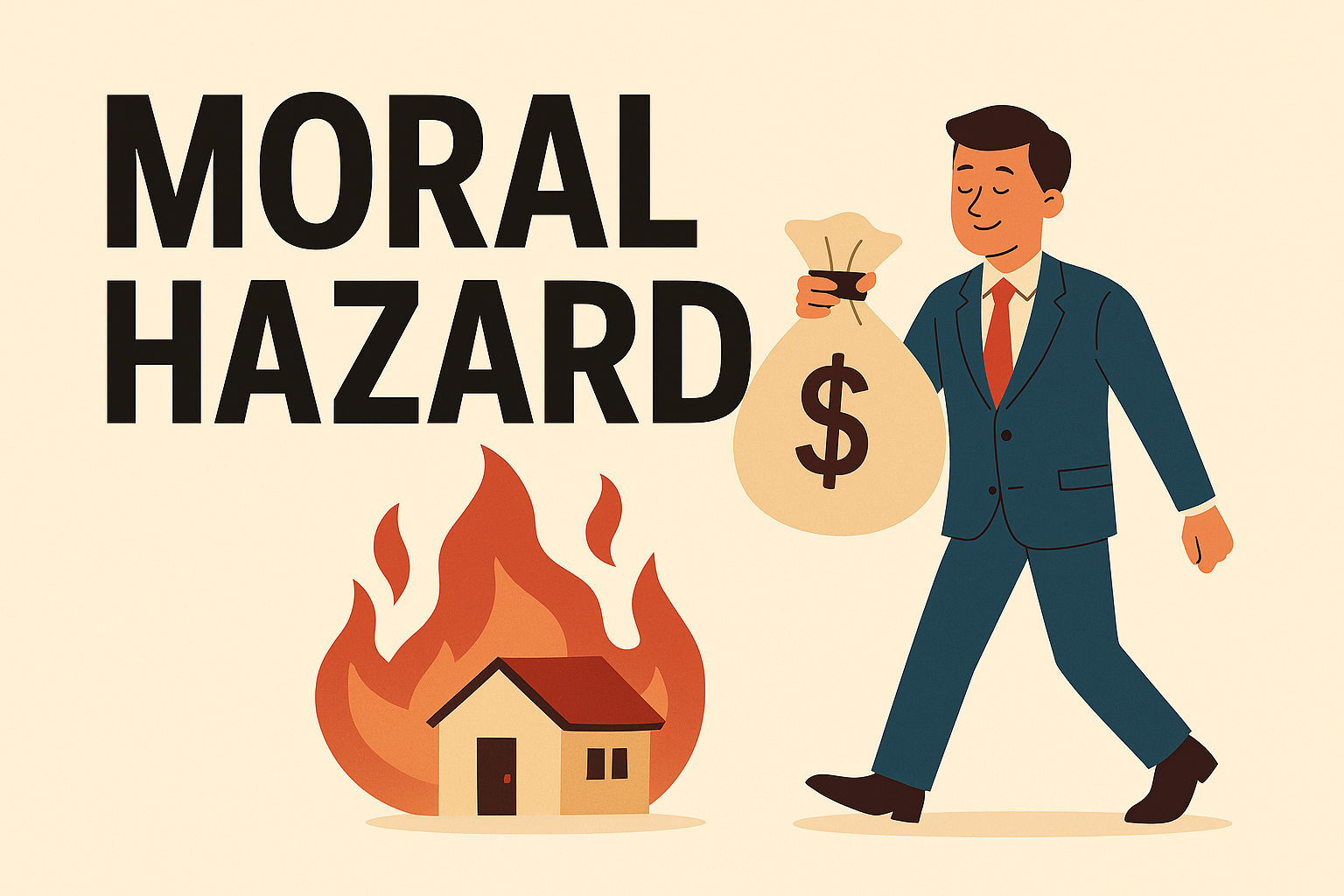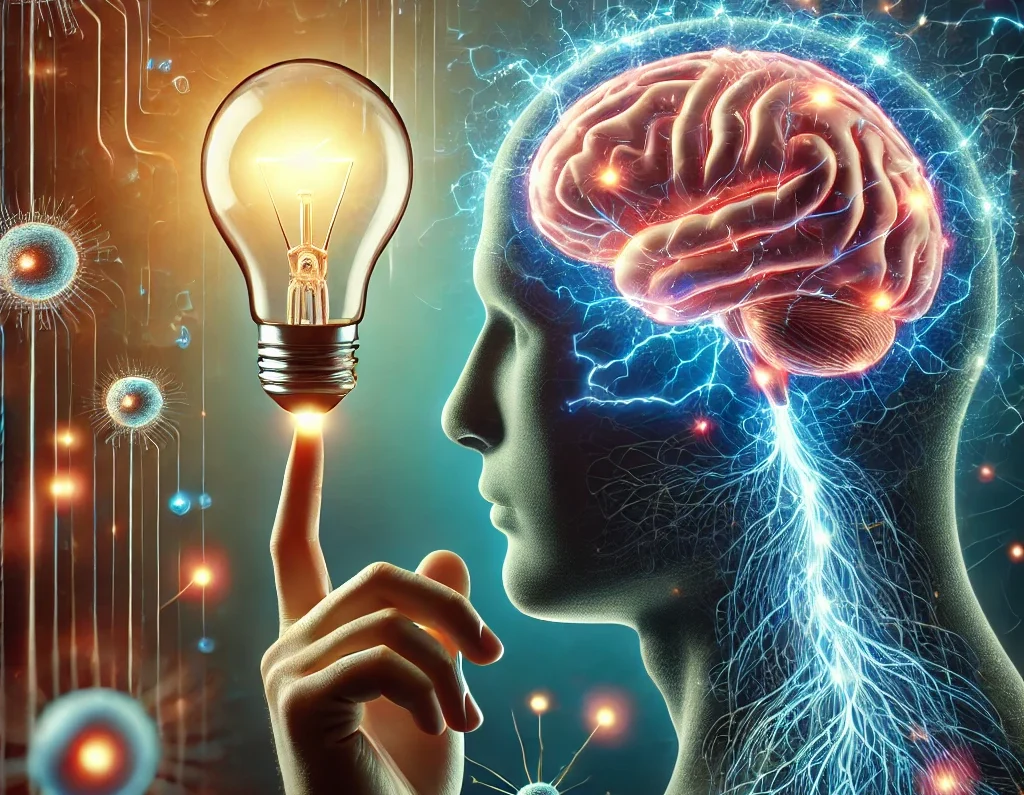
Imagine you and a group of friends are trying to choose a place to eat. Some want pizza, others prefer sushi, and a few are rooting for tacos. You decide to vote. Seems simple, right? But what if no matter how you count the votes, the results don’t truly reflect everyone’s preferences? That’s exactly the problem Arrow’s Impossibility Theorem reveals—it’s not always possible to create a perfect voting system that’s fair to everyone.
This groundbreaking idea was introduced by Kenneth Arrow, an American economist and Nobel Laureate, in his 1951 doctoral dissertation, later published as Social Choice and Individual Values. Arrow tried to figure out how to fairly turn individual preferences into a collective decision—a foundational question in economics, politics, and ethics. He came up with five reasonable-sounding conditions that a “fair” voting system should meet: things like respecting individual preferences and not being dictated by just one person. Then came the twist—he mathematically proved that no voting system can meet all these fairness conditions at the same time when there are three or more choices.
Arrow’s work shook the world of economics and political science. His theorem suggested that democracy, in its purest form, might be logically flawed—not because people are irrational, but because the system itself can’t be perfectly fair. His findings earned him the Nobel Prize in Economic Sciences in 1972 and laid the foundation for what we now call social choice theory, a field that examines how collective decisions are made.
Later scholars like Amartya Sen (also a Nobel Prize winner) and Eric Maskin (another Nobel Laureate) expanded on Arrow’s work. Sen explored how individual rights and fairness clash (see: Sen’s Liberal Paradox), while Maskin worked on designing mechanisms that could still function well despite these limitations. In the modern day, Arrow’s theorem continues to influence everything from how we design election systems and policy voting rules to how we rank content online and make decisions with AI.
So the next time you’re voting for the next movie night pick, president, or even a team lunch, remember—there may be no perfect way to tally up everyone’s opinions. Arrow’s work doesn’t say democracy is broken—it just reminds us to stay humble and thoughtful about how we make group choices.
RELATED POSTS
View all


